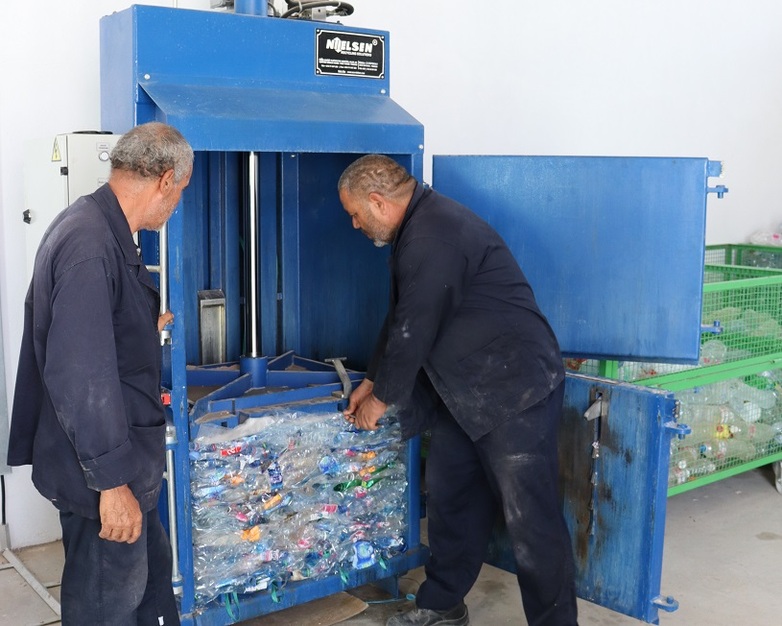Maghreb cities are adapting to climate change
Urban Adaptation to Climate Change in the Maghreb
-
Commissioning Party
German Federal Ministry for Economic Cooperation and Development (BMZ)
-
Country
-
Lead executing agency
More
-
Overall term
2024 to 2027
-
Other Stakeholders
MedCities
-
Products and expertise
Governance and democracy
Context
Climate change is the greatest challenge facing the global community, in view of its implications for nature and humanity. In the Maghreb, average temperatures are now 1.5 degrees above pre-industrial levels. Temperatures have been rising significantly for the past 50 years and are continuing to increase. This is leading to water shortages, forest fires, heat islands, flooding and desertification.
In cities, the warming caused by climate change is above average. That is why fast-acting measures are important there to protect the population from the immediate effects of climate change. Economically and socially disadvantaged population groups and vulnerable groups such as women, children and the elderly are particularly reliant on protective measures. At the same time, ability to adapt and cities' resilience must be boosted.
Objective
Selected Maghreb cities are better equipped to adapt to climate change.
 © GIZ/Hatem Bouden
© GIZ/Hatem BoudenApproach
The project supports Maghreb partner cities in adapting to the impacts of climate change. To this end, it carries out capacity development measures. This means that it develops the capabilities of municipal administrations and the competences of their specialists and managers.
The participating cities draw up municipal strategic climate adaptation plans on the basis of climate risk profiles. In the spirit of “Leave No One Behind”, they take particularly vulnerable population groups into account. The project then advises the cities on how their strategic plans can be implemented and how they can secure third-party funding to finance the measures.
The project also works together with the non-governmental organisation MedCities, which promotes the transnational dissemination of good climate adaptation practices that have been tried and tested. These relate to topics such as waste cycle management, mobility, energy efficiency and geographical information systems, which were already developed in the two previous phases of the project.
Last update: March 2024






